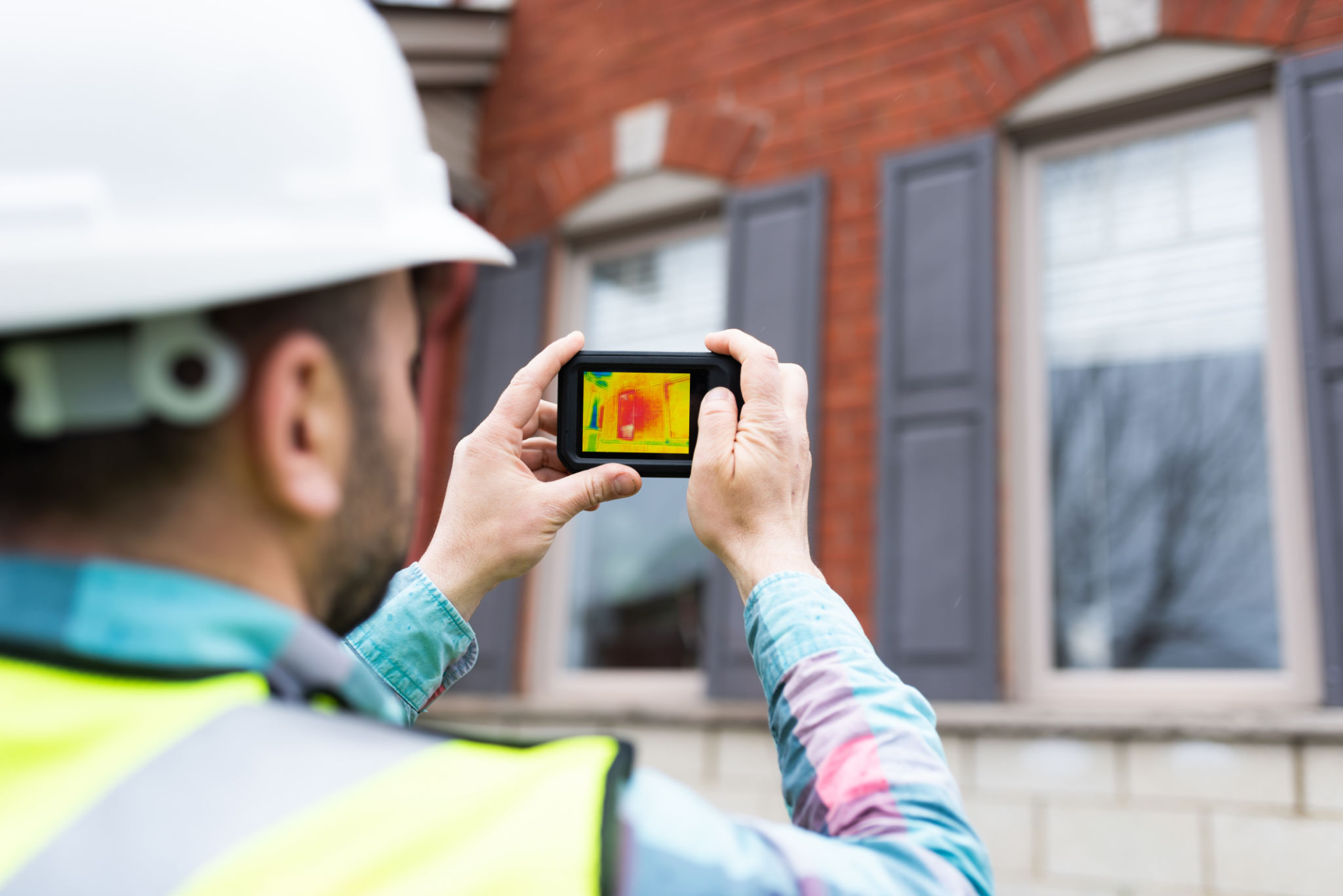Why Blower Door Air Tightness is Crucial for Homes in PA: Expert Insights
Understanding Blower Door Air Tightness
Blower door air tightness testing is an essential aspect of assessing a home's energy efficiency. This test measures how well a building is sealed against air leakage, which can have a significant impact on energy consumption and indoor comfort. For homeowners in Pennsylvania, understanding the importance of this testing is crucial as the state's climate demands effective heating and cooling solutions.
The blower door test involves mounting a powerful fan in the frame of an exterior door. This fan pulls air out of the house, lowering the air pressure inside. By doing so, higher outside air pressure flows in through all unsealed cracks and openings, revealing places where energy loss may occur.

Energy Efficiency and Cost Savings
One of the primary benefits of achieving optimal air tightness is enhanced energy efficiency. When a home is properly sealed, less energy is required to heat or cool it, leading to substantial cost savings on utility bills. In Pennsylvania, where winters can be harsh, ensuring that warm air stays inside during the colder months is particularly important.
Moreover, achieving the right level of air tightness can significantly improve a home's resale value. Potential buyers are increasingly looking for energy-efficient homes to reduce future expenses and environmental impact. A documented blower door test result can serve as a selling point, showcasing the attention to detail in maintaining the property.
Improved Indoor Air Quality
Another critical aspect of blower door air tightness testing is its impact on indoor air quality. A tightly sealed home prevents outdoor pollutants from infiltrating living spaces, thereby enhancing the health and comfort of occupants. This is especially important in urban areas of Pennsylvania where air pollution levels can be higher.

Airtight homes also help in controlling humidity levels, which can prevent issues such as mold growth. Maintaining proper humidity not only protects the structure of the home but also improves the overall living environment, reducing potential health risks associated with poor air quality.
Environmental Benefits
Beyond personal benefits, achieving optimal blower door air tightness contributes to environmental conservation efforts. By reducing energy consumption, homeowners can significantly decrease their carbon footprint. This aligns with Pennsylvania's broader goals of promoting sustainable living practices across the state.
Additionally, energy-efficient homes reduce reliance on fossil fuels, indirectly supporting global efforts to combat climate change. With increasing awareness about environmental issues, taking steps towards making homes more airtight is a responsible choice for homeowners.

Expert Recommendations for Homeowners
Experts recommend scheduling regular inspections and tests to ensure that a home maintains its air tightness over time. Small changes such as settling foundations or renovations can affect a home's sealing efficiency. Therefore, periodic blower door tests can help identify areas needing improvement.
For those considering new builds or renovations, consulting with professionals who specialize in energy-efficient construction can provide valuable insights and guidance on achieving optimal air tightness from the start. Incorporating the latest materials and techniques can lead to long-term benefits and peace of mind.
Conclusion
Understanding and implementing blower door air tightness testing is crucial for homeowners in Pennsylvania seeking to improve their home's energy efficiency, indoor comfort, and environmental impact. By investing in this essential assessment, homeowners can enjoy reduced utility costs, enhanced air quality, and contribute positively to ecological preservation efforts.